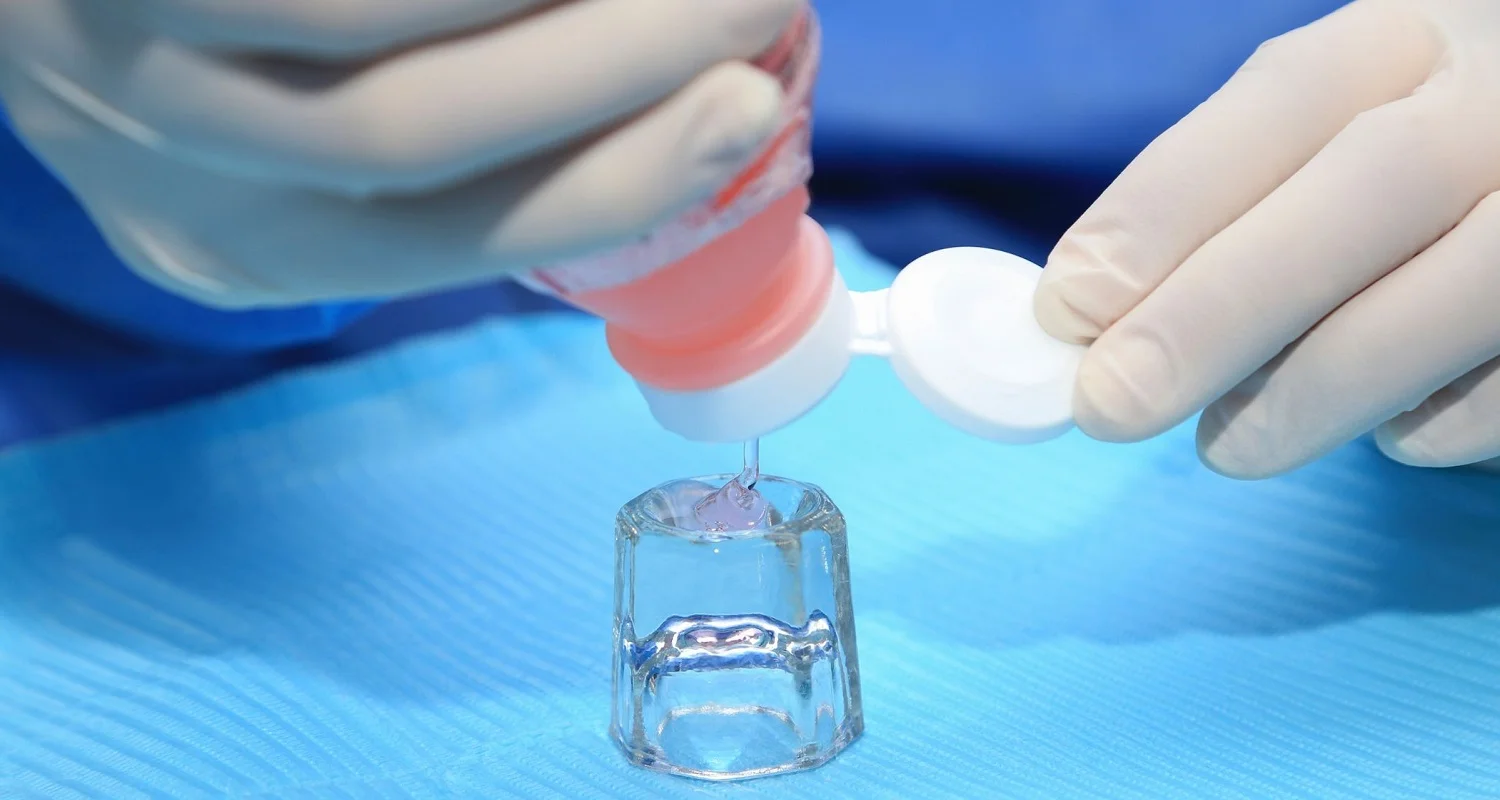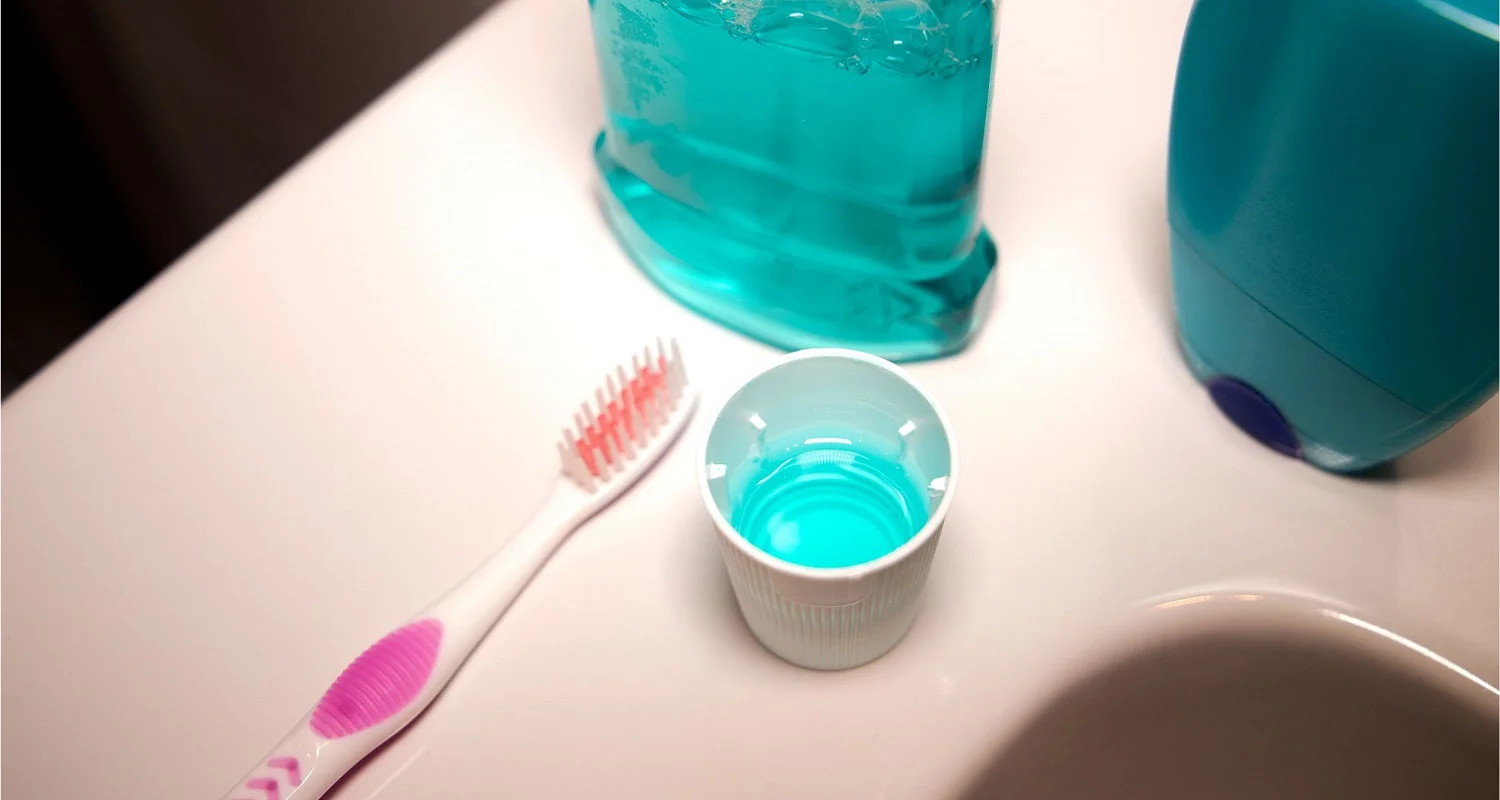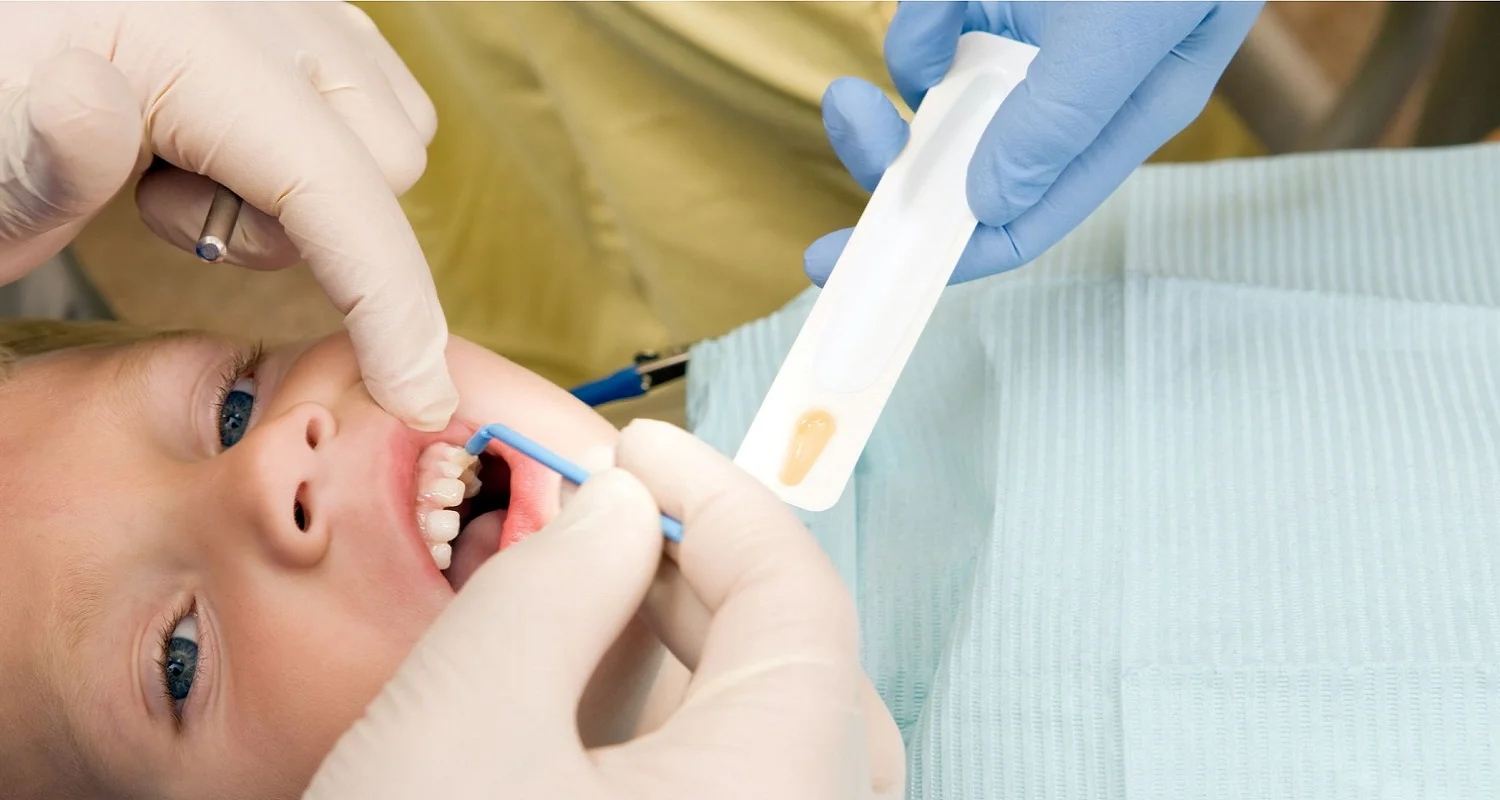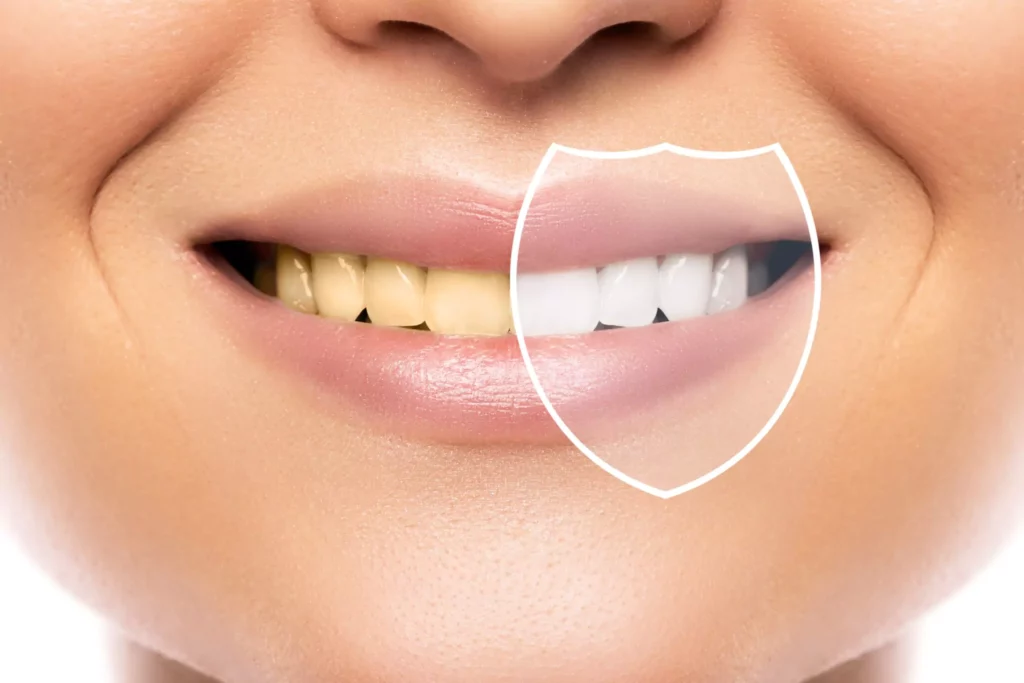What Is Fluoride?: Its Importance In Oral Care And Much More
Fluoride has been hailed for decades as a champion in the fight against tooth decay. Its presence in toothpaste, mouthwashes, and the water supply has helped many people maintain a healthy smile. But how many of us can claim to know what is fluoride?
Join us to learn what it is, its applications and benefits for oral health, and much more.
What is Fluoride?
Fluoride is a mineral that occurs naturally in water sources, soil, and certain foods. It is known to play a crucial role in maintaining dental health. Fluoride works by strengthening tooth enamel, making it more resistant to cavities caused by the acid-producing bacteria in the mouth.
The Crucial Role of Fluoride in Dental Health
The main function of fluoride in dental health is to prevent tooth decay. When you consume fluoride through drinking water or dental products, it becomes incorporated into the structure of your teeth. Known as remineralization, this helps repair tooth decay in its early stages and makes enamel more resistant to acids.
Fluoride also inhibits the growth of harmful oral bacteria and reduces their ability to produce acids that erode tooth enamel. This protective effect is especially important for children whose developing teeth are more vulnerable to cavities.
Fluoride in Dental Products and Treatments
Fluoride is widely available in various dental products and treatments, making it accessible to people of all ages. Some common sources of fluoride include:
1. Toothpaste: Most brands contain fluoride, usually in the form of sodium fluoride, sodium monofluorophosphate, or stannous fluoride. According to the WHO, brushing your teeth twice a day with a toothpaste containing fluoride (1000 to 1500 ppm) should be encouraged. Brushing with fluoride toothpaste helps strengthen enamel and prevent cavities.
2. Mouthwash with fluoride: Fluoride mouthwashes provide an extra layer of protection against tooth decay. They are especially useful for people with a higher risk of cavities.
3. Fluoride varnish: Dentists can apply fluoride varnish during routine checkups. This concentrated fluoride treatment can be applied directly to the teeth to provide additional protection.
4. Fluoridated water: Many communities add fluoride to their public water supplies to ensure that residents receive consistent, low-level fluoride exposure. This practice has been instrumental in reducing the prevalence of dental caries in these areas.
5. Professional fluoride treatment: Dentists can provide in-office fluoride treatment, which is stronger than over-the-counter options. It is often recommended for people at high risk for tooth decay.
Dental Treatments with Fluoride: Do you need them?
The answer depends largely on your dental situation. If you are prone to cavities, live in an area with non-fluoridated water, or have children undergoing dental development, fluoride treatment can be highly beneficial in strengthening enamel and preventing cavities.
However, it is important to balance these benefits with the need to avoid dental fluorosis. Ultimately, the most accurate recommendation will come from your dentist, who will be able to evaluate your oral health and provide you with personalized guidance on the need for fluoride treatment.
Benefits of Using Fluorides
• Caries prevention: Fluoride effectively reduces the risk of tooth decay, making it an invaluable tool in maintaining oral health.
• Safe and effective: When used as directed, fluoride products are safe and have been widely studied for their effectiveness.
• Profitable: Preventing cavities with fluoride is much more cost-effective than treating them with restorative dental procedures.
Risks of Using Fluorides
While fluoride offers significant dental health benefits, it is essential to understand the potential risks and then use it wisely:
• Fluorosis: Fluoride is adept at strengthening teeth when applied topically or ingested in moderate amounts. Still, excessive intake during tooth development can lead to fluorosis, a problem that causes white spots or streaks on the teeth, making their structure weaker. However, this is primarily a concern in areas with naturally elevated levels of fluoride in local drinking water.
• Toxicity: In extremely high doses, fluoride can be toxic. However, such levels are rarely found in the normal use of dental products.
To avoid the risks associated with the use of fluoride, it is essential to promote controlled intake, especially when the teeth are still forming. Ensure that children do not ingest toothpaste or fluoridated mouthwashes, by keeping these products out of children’s reach.
Conclusion
• Fluoride plays a crucial role in dental health by preventing tooth decay and strengthening enamel.
• Fluoride is widely available in various dental products and treatments, with proven benefits in reducing the risk of cavities.
• When used properly, the benefits of fluoride far outweigh the potential risks, making it an essential component of any oral care routine. If you have concerns about fluoride use, consult your dentist for personalized guidance.
Frequently Asked Questions
What is the purpose of fluoride?
Fluoride is an effective tool in the prevention of dental cavities, providing benefits to people of all ages. It can lead to a reduction in pain and suffering caused by cavities, as well as a decrease in both the number and severity of cavities.
What is fluoride in simple terms?
Fluoride is a natural mineral present in many foods and water. In dentistry, health professionals use it to strengthen teeth and reduce the risk of cavities.
Why is fluoride crucial for humans?
Fluoride is a trace element present in small quantities in various foods of natural origin. Its importance lies mainly in its ability to prevent and reverse dental cavities, as well as contributing to the formation of strong teeth and bones.
What are the results of the presence of fluoride?
The presence of fluoride has consequences that can be both beneficial, by reducing the appearance of dental caries, and unfavorable, by causing fluorosis in the tooth enamel and bones after prolonged and high exposure. The intake levels that generate these opposite effects do not differ significantly.
Share:
References
1. World Health Organization: WHO. (2023). Oral health. www.who.int. https://www.who.int/news-room/fact-sheets/detail/oral-health
2. ADA (American Dental Association). (2018). Fluoride: Topical and Systemic Supplements. Recuperado de https://www.ada.org
3. Fejerskov, O., Nyvad, B., & Kidd, E. (2015). Dental caries: The disease and its clinical management. John Wiley & Sons.
4. World Health Organization (WHO). (2016). Guides on the quality of drinking water. Fluoride in drinking water. Retrieved from https://www.who.int
5. Marinho, V. C. C., Higgins, J. P. T., Sheiham, A., & Logan, S. (2003). Combinations of topical fluoride (toothpastes, mouthrinses, gels, varnishes) versus single topical fluoride for preventing dental caries in children and adolescents. Cochrane Database of Systematic Reviews. Recuperado de https://www.cochrane.org/CD002781/ORAL_combinations-of-topical-fluoride-toothpastes-mouthrinses-gels-varnishes-versus-single-topical-fluoride-for-preventing-dental-caries-in-children-and-adolescents
6. Martínez-Mier, E. A., & Zandona, A. F. (2019). The impact of gender and culture on fluoride use, knowledge and attitudes. Community Dentistry and Oral Epidemiology. Recuperado de https://onlinelibrary.wiley.com/doi/10.1111/cdoe.12676
-
Nayibe Cubillos M. [Author]
Pharmaceutical Chemestry |Pharmaceutical Process Management | Pharmaceutical Care | Pharmaceutical Services Audit | Pharmaceutical Services Process Consulting | Content Project Manager | SEO Knowledge | Content Writer | Leadership | Scrum Master
View all posts
A healthcare writer with a solid background in pharmaceutical chemistry and a thorough understanding of Colombian regulatory processes and comprehensive sector management, she has significant experience coordinating and leading multidisciplina...

















